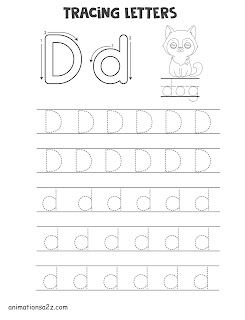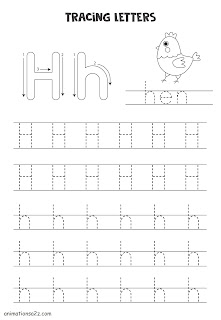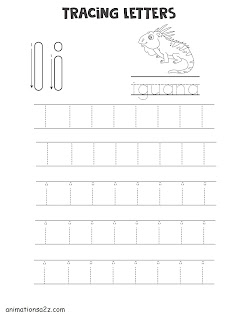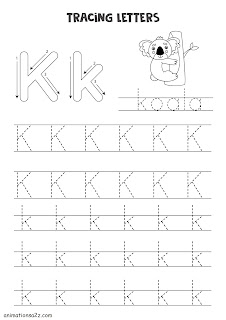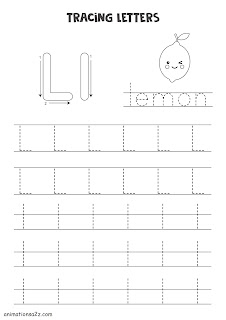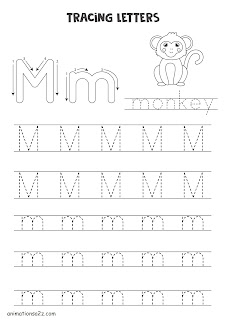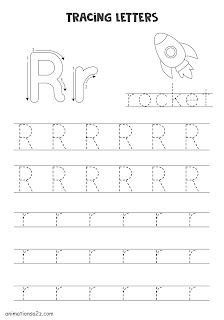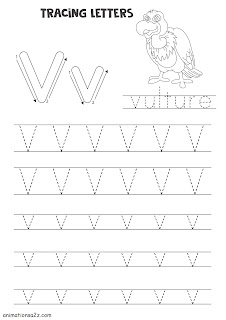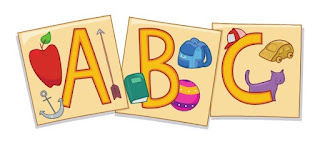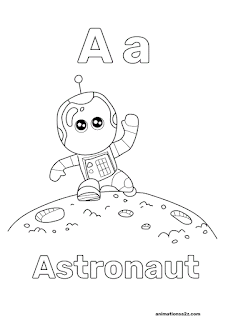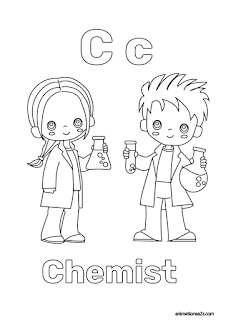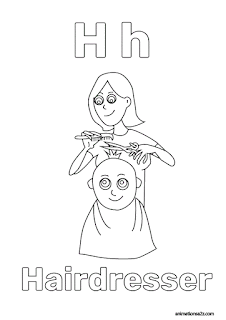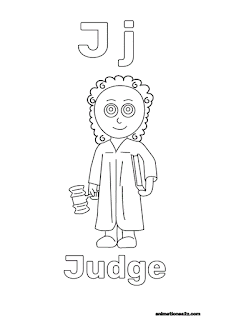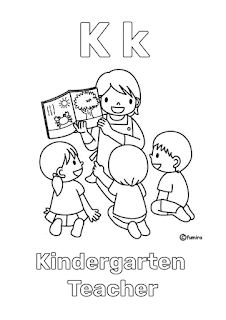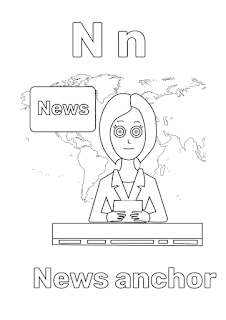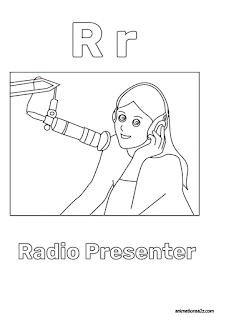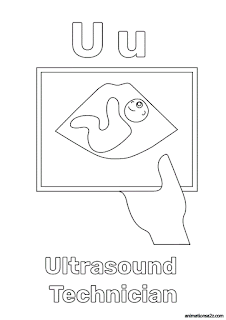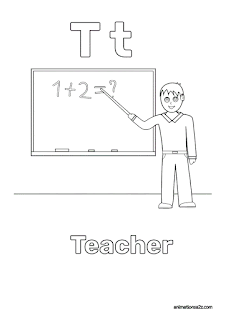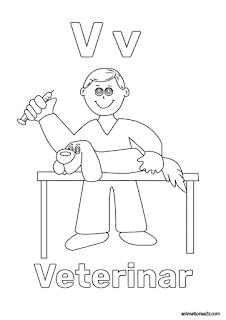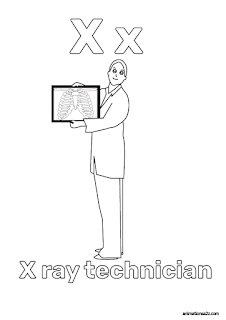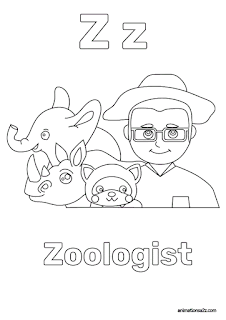English Language Day is an initiative of the UN's World Communication Department from 2010, which set language days for each of the organization's six official languages: French Language Day on March 20, Chinese Language Day on April 20, English Language Day on April 23 , Spanish Language Day on April 23, Russian Language Day on June 6 and Arabic Language Day on December 18. The purpose of UN Languages Days is to celebrate multilingualism and cultural diversity as well as promote equal use of the six official languages throughout the organization.
The history of the English language
Old English began in the fifth century, when England was established on the island off the coast of northwestern Europe. The Germanic Anglo-Saxons (a tribe from West Germany) and the Vikings who founded it used elements from the surrounding languages such as the Celtic and Norse languages.
In the 11th century the Normans (the Normandy guys) invaded England, led by William I (known as William the Conqueror or William the bastard) and then a process of significant change began in the language.
The transition from Old English to Modern English included two more intermediate stages: Middle English and Early Modern English. Since its inception, English has received grammar, sounds and words from every language it comes in contact with. Some argue that English is no longer a language in itself, but a fusion of languages.
Over the years, English has become such a popular language that it is now the lingua franca of the entire world - an international language used for communication between people who do not speak the same mother language, mainly for international trade, diplomacy or meetings between people from different countries with different languages.
English is the official language of almost 60 countries around the world, and it seems to be taking up more space with each passing year.
It is estimated that there are between 500 million and 1.8 billion English speakers in the world at some level, whether as a mother tongue or as a second language. Of these, between 300 and 450 million people speak English as a mother tongue.
English has different variations. There is Canadian English, Scottish English and American English, they all have little nuances and slang different from each other!
And now ... a little quiz in the English language 😉
1. What is the shortest sentence in the English language that can be said?
2. Which word in English, when spelled entirely in capital letters, is called the same inverted from top to bottom?
3. What means the point above the letter "i"?
4. Which English words rhyme with the words orange, purple, silver and month?
5. What is so special about the sentence: "The quick brown fox jumps over the lazy dog"?
6. How many English words are there in the Oxford Dictionary?
7. How many words in English have the suffix "dous"?
The answers at the bottom of the page
PS- To save paper and help our planet, you can print on used pages, on the blank side ♥
Answers:
1.Go!



